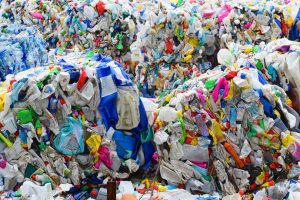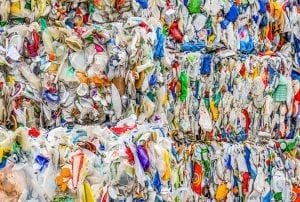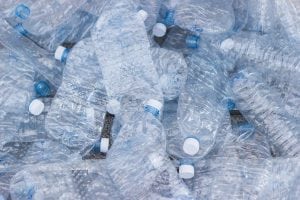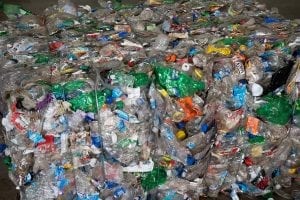
Public and private entities regularly sample waste streams to glean data on the plastics that could be captured for recycling. Now, guidelines have been developed to standardize the process so results can be compared.

Public and private entities regularly sample waste streams to glean data on the plastics that could be captured for recycling. Now, guidelines have been developed to standardize the process so results can be compared.
 A year after an online scrap plastics trading marketplace launched, an executive at the startup offered insight into where material is moving in the aftermath of China’s ban.
A year after an online scrap plastics trading marketplace launched, an executive at the startup offered insight into where material is moving in the aftermath of China’s ban.

Bales of PET continue to rise in value, while natural HDPE prices fall slightly but remain at a relatively high level.

A Utah recycling company is targeting bales of resins Nos. 1-7, possibly filling a critical void in the plastics recovery chain.
Continue Reading
Since the implementation of Chinese scrap import restrictions a number of Chinese companies have set up shop or established partnerships in the U.S. to process material and bypass restrictions. Continue Reading
 Two Canadian depolymerization startups recently signed significant deals to advance commercialization of their technologies.
Two Canadian depolymerization startups recently signed significant deals to advance commercialization of their technologies.
 A plastic litter collection project will identify the brands whose products appear most often as improperly disposed waste.
A plastic litter collection project will identify the brands whose products appear most often as improperly disposed waste.
 Some beverage brand owners are moving toward 100 percent RPET bottles, but one of the country’s largest PET reclaimers says the magic number may be half that amount.
Some beverage brand owners are moving toward 100 percent RPET bottles, but one of the country’s largest PET reclaimers says the magic number may be half that amount.
A German manufacturer of electronics and appliances reported it is using recycled plastics, including nylon from fishing nets, in a number of products.
 A draft European Union law limits traces of a flame retardant in products to such a low level that it would effectively kill e-plastics recycling on the continent, two industry groups said.
A draft European Union law limits traces of a flame retardant in products to such a low level that it would effectively kill e-plastics recycling on the continent, two industry groups said.

